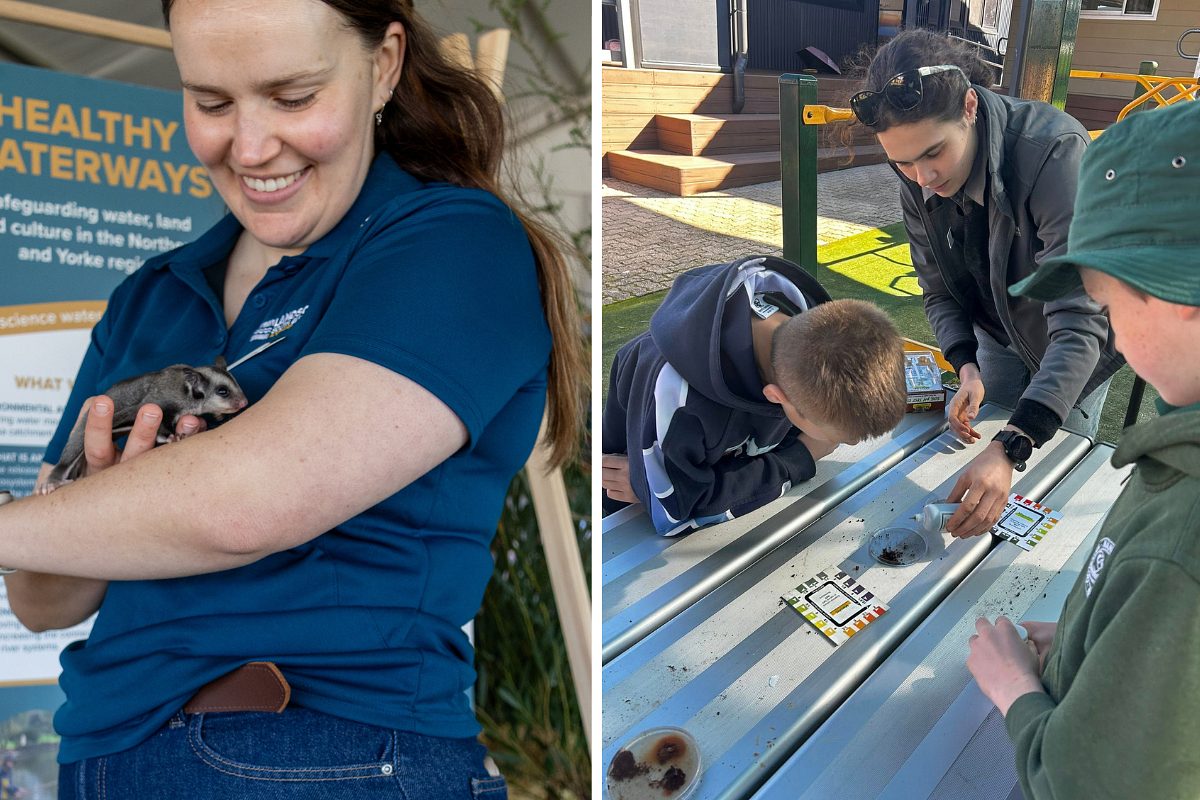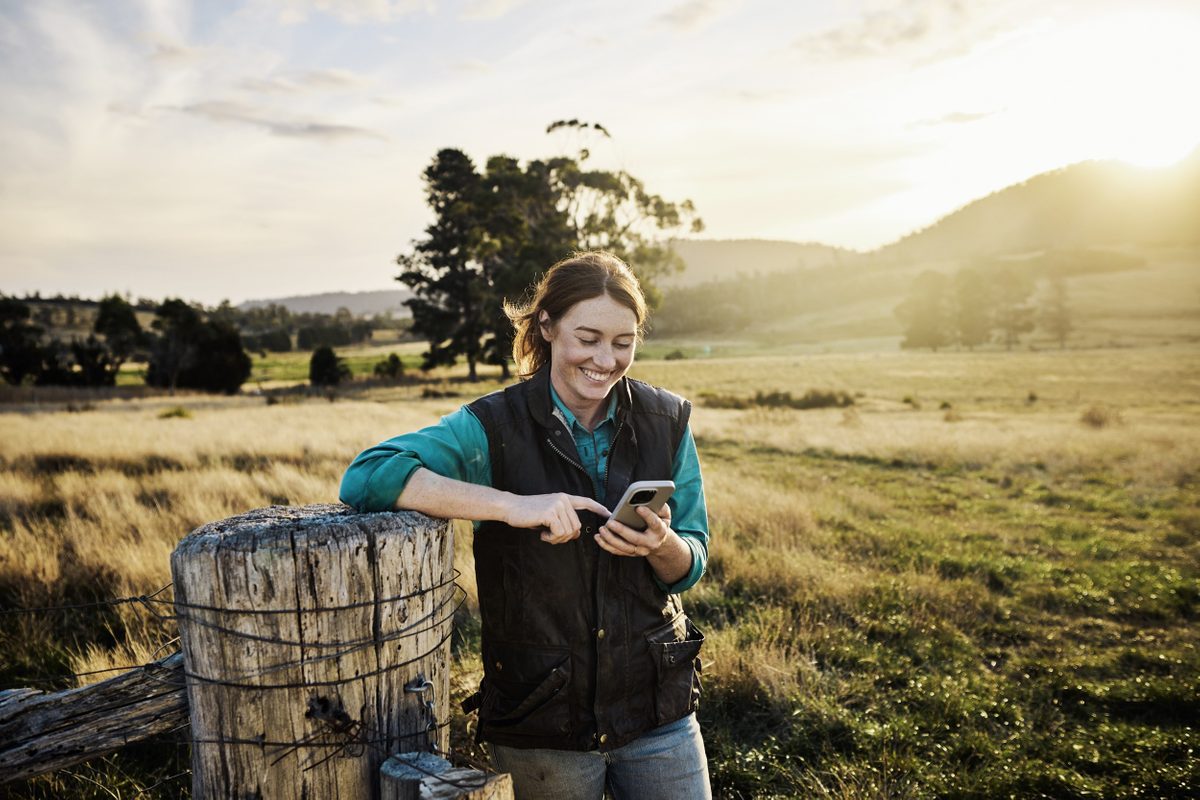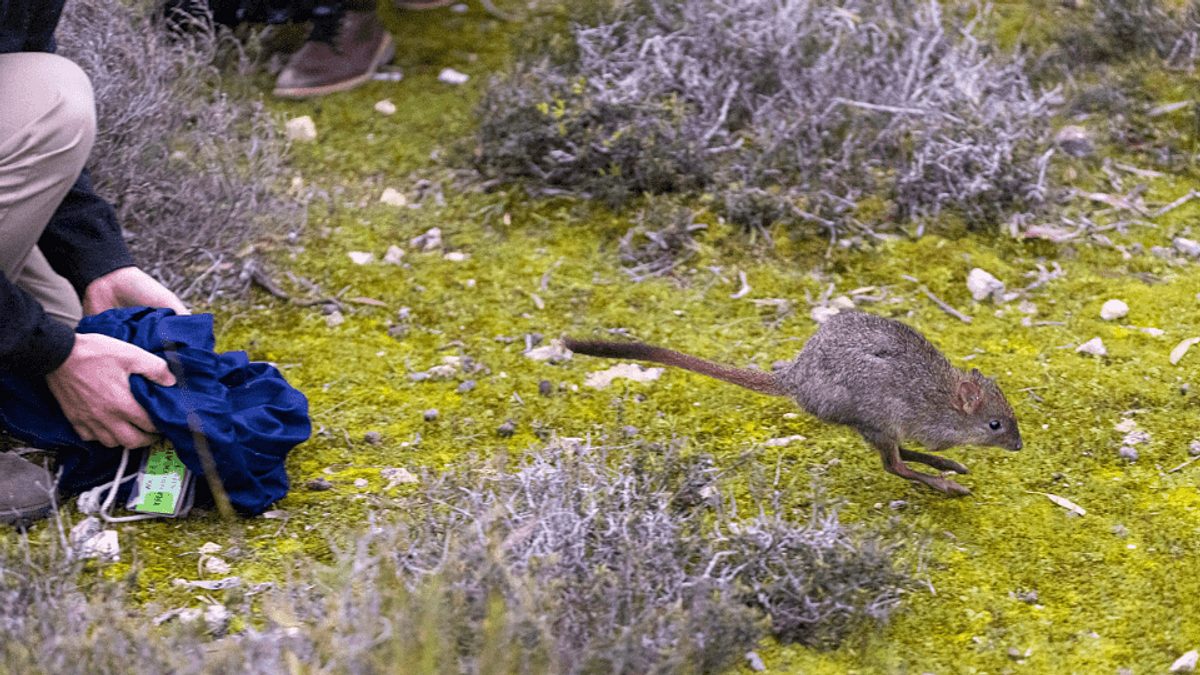Fewer foxes mean more lambs and wildlife for YP
Two Australian Government funded fox-baiting programs will run in tandem on Yorke Peninsula through February to May, bringing benefits for agriculture and biodiversity.
Natural Resources Northern and Yorke (NRNY) will work with landholders across Yorke Peninsula to prevent a build-up of fox numbers following the 2015 spring breeding season.
Yorke District Landscapes Team Leader Max Barr said that autumn is a critical time as young foxes leave their dens and may travel large distances to establish new territories.
"We’re offering free and discounted baits to encourage broadscale baiting," Mr Barr said.
"Fox baiting is much more effective when landholders work together at a landscape scale rather than individually, property by property."
Yorke Peninsula farmer Dean Shepley has no doubts that fox baiting is working.
"I can’t remember when I last saw a fox on my property," he said.
"Since we started baiting my lambing rates have increased by fifteen to twenty percent something I haven’t seen since we used to do intensive shooting to control foxes."
Eligible property owners on Southern Yorke Peninsula in the Hundreds of Warrenben, Carribie, Para Wurlie, Moorowie and Coonarie will be provided with free fox bait from 8 February to 8 April 2016, as part of the Baiting for Biodiversity program.
Now in its ninth year, the Baiting for Biodiversity program is protecting native animals, birds and reptiles across Southern Yorke Peninsula, a biodiversity hotspot, while also benefitting the agricultural sector.
NRNY Landscape rangers and participating landholders will lay 1080 poisoned meat baits at strategic locations on properties across the project area.
In a supplementary coordinated fox baiting campaign, landholders outside the Baiting for Biodiversity project area will be eligible for discounted baits from to March to May.
Responsible for the decline of native fauna such as ground nesting birds, small mammals and reptiles, foxes also cause economic losses to poultry and livestock producers by preying on chickens and newborn lambs.
Mr Barr said that fox populations can recover rapidly, so pressure must be maintained if the benefits of fox baiting are to be lasting.
"Any territory vacated by previous fox-baiting efforts has the potential for reinvasion by a fox from a neighbouring property or from further up the Peninsula, which is why autumn baiting is so important," Mr Barr said.
To register your interest, or for more information, please ring the Natural Resource Centre on 8841 3444.


